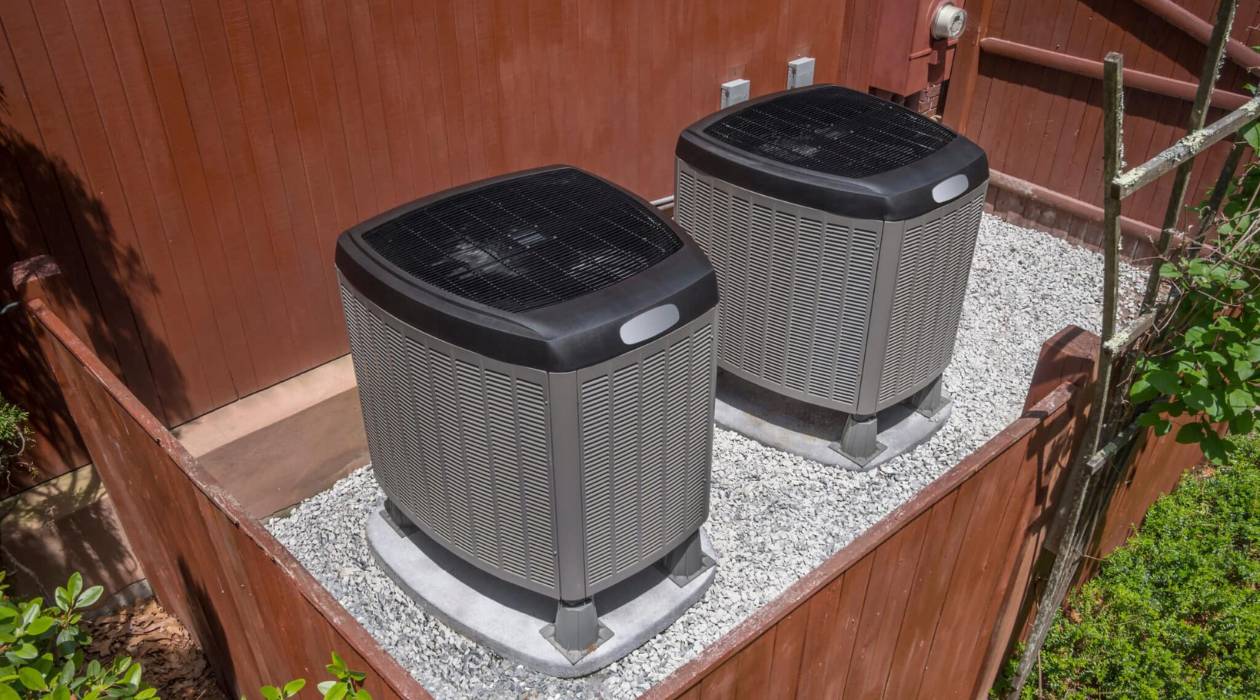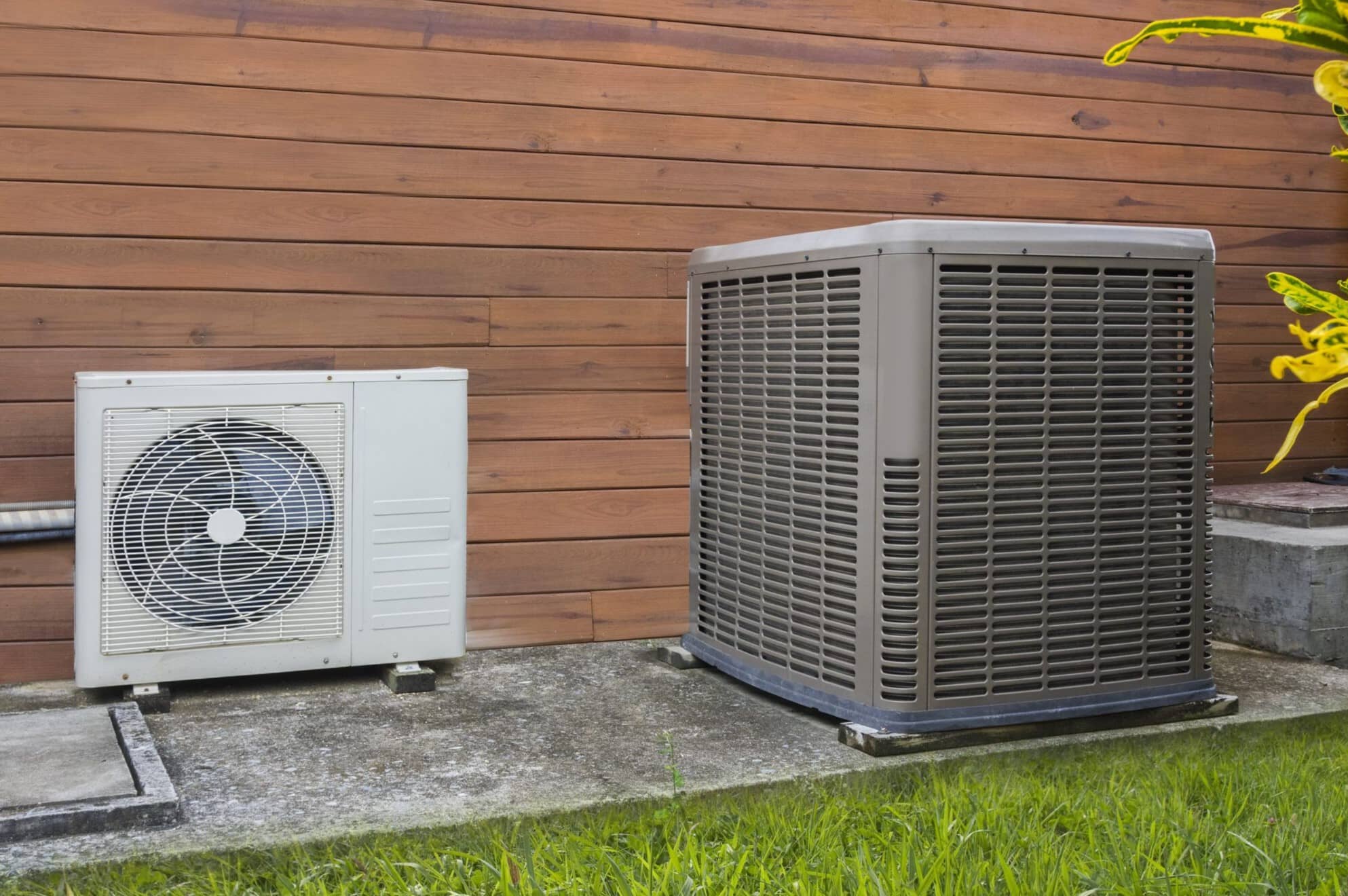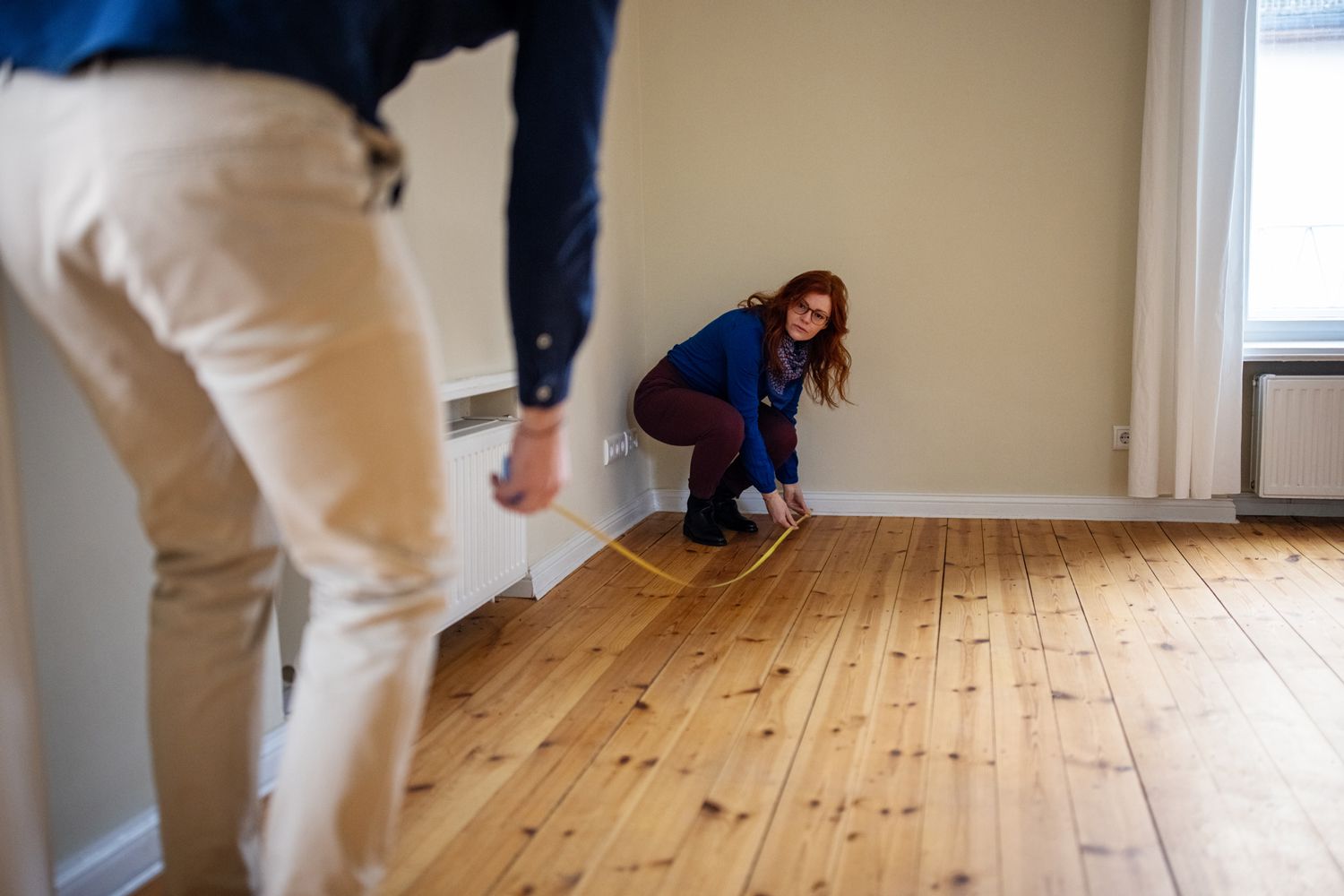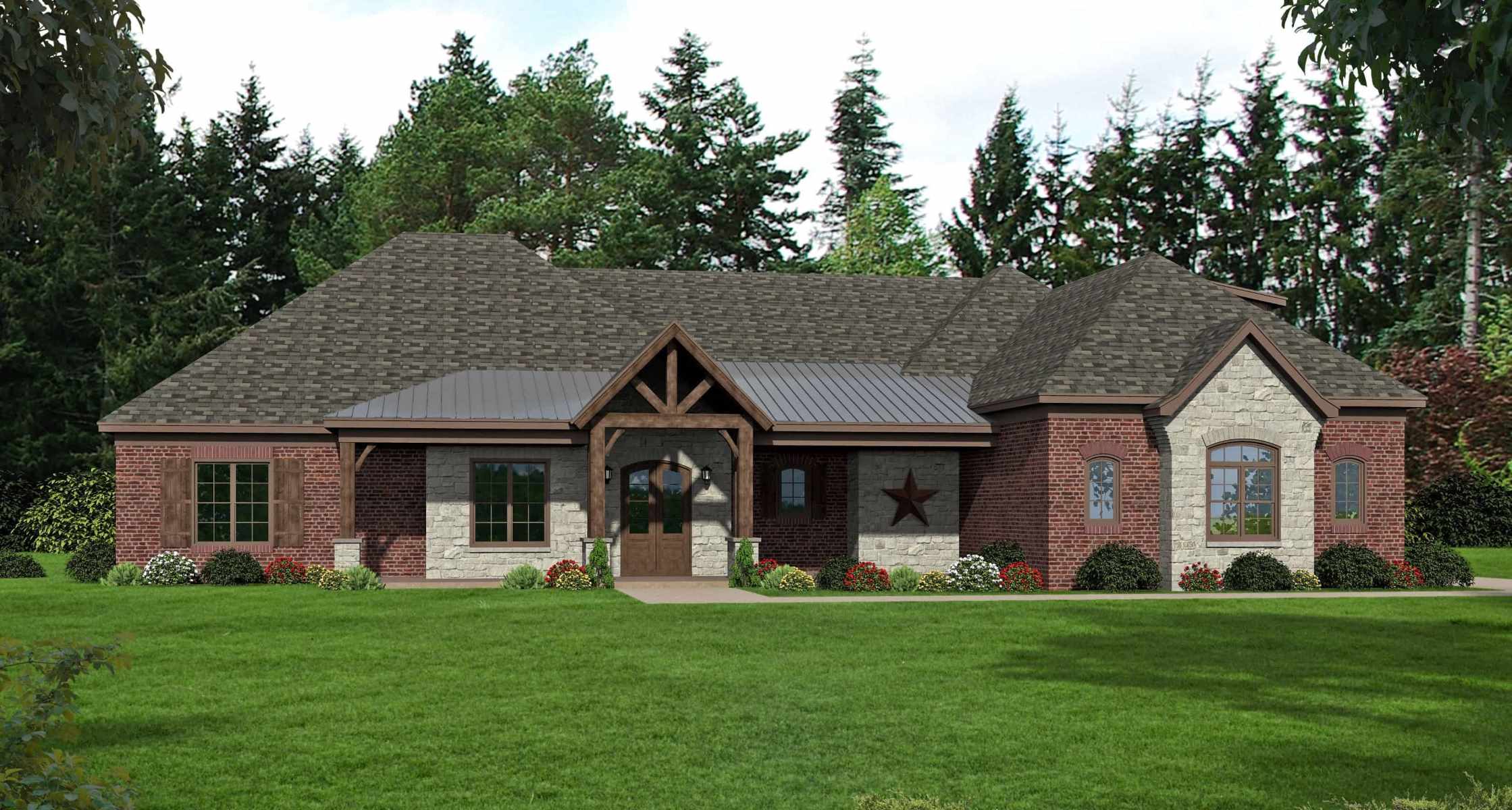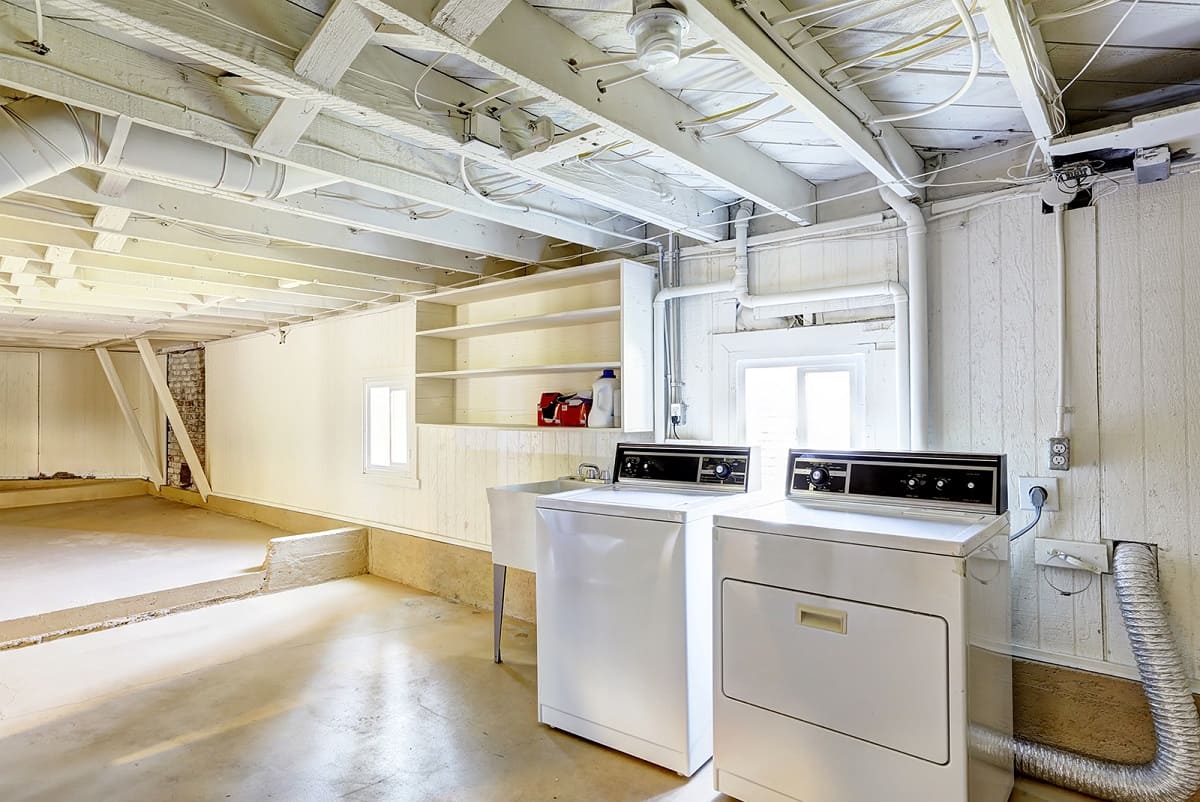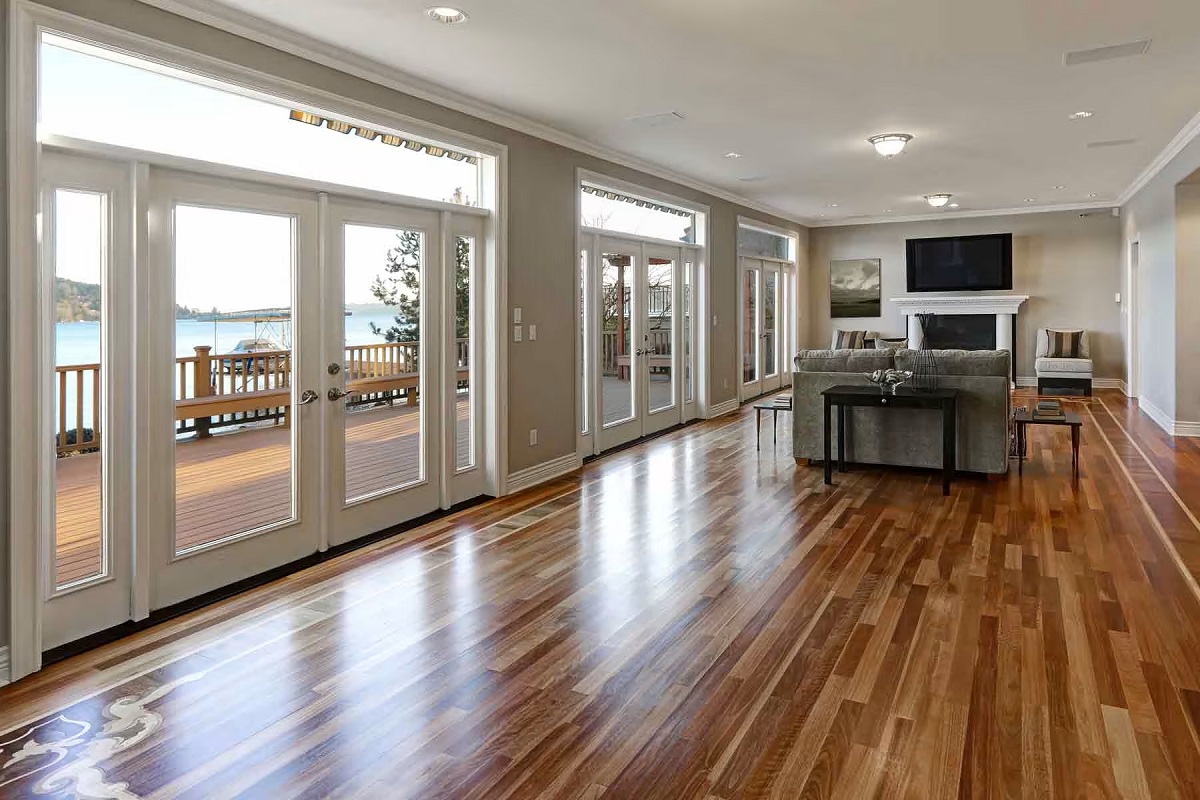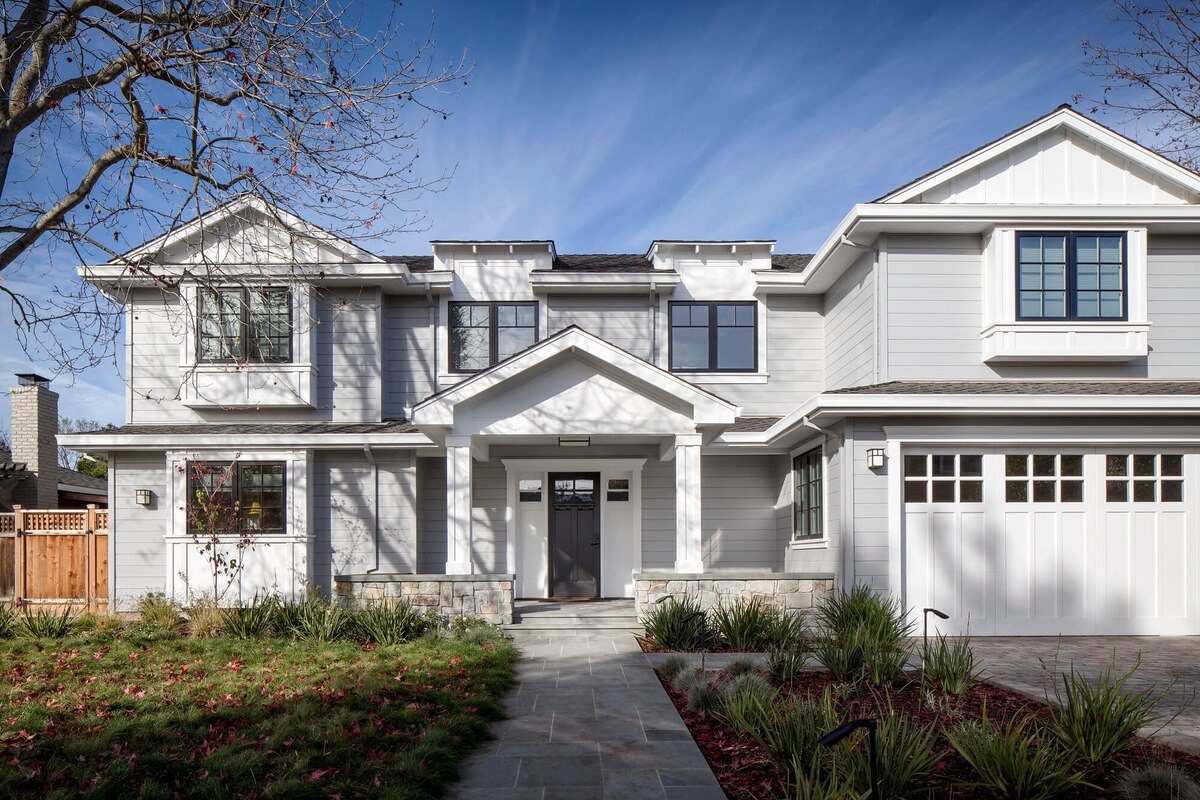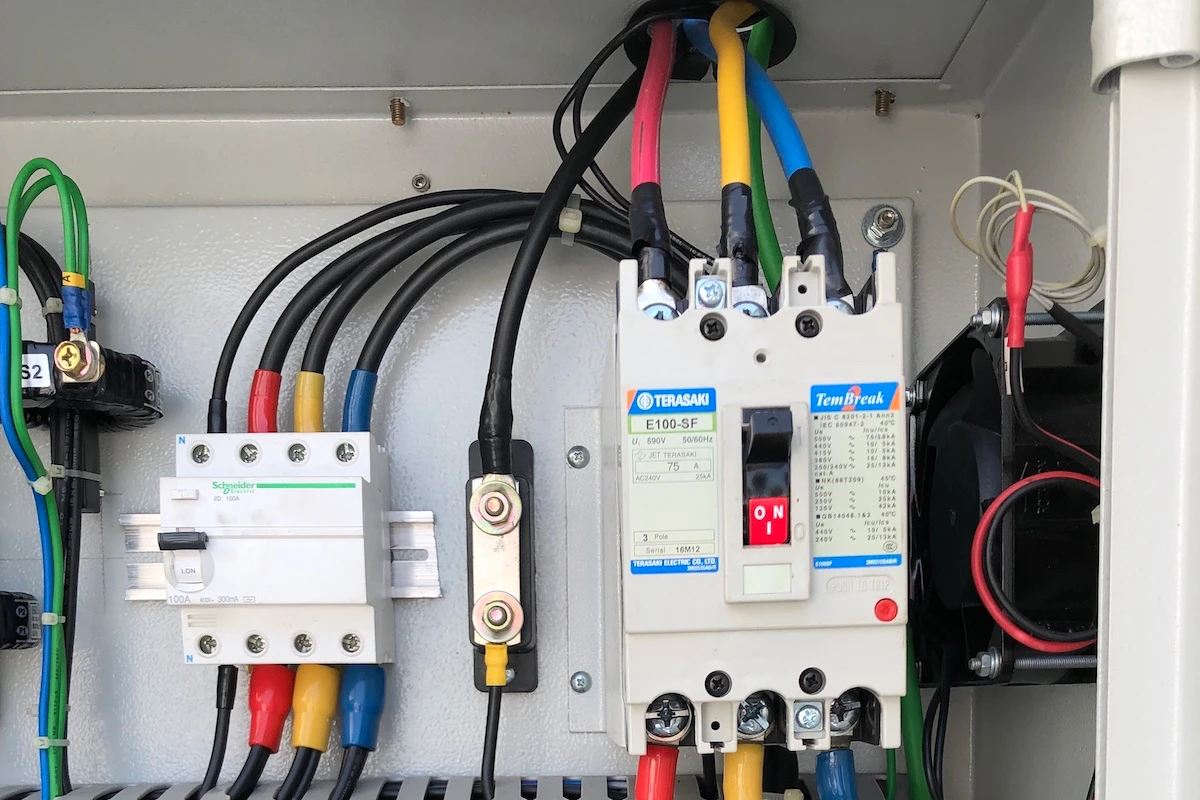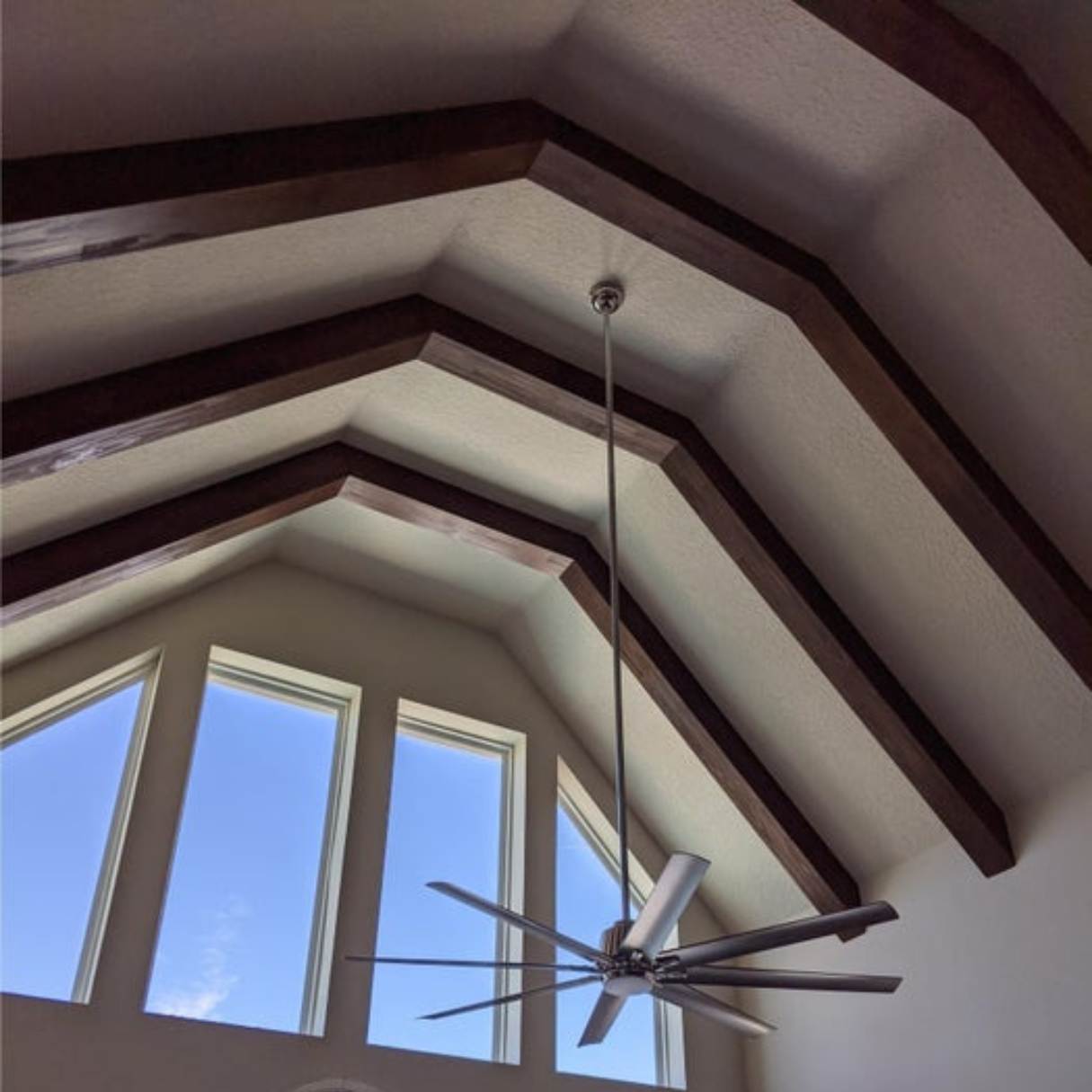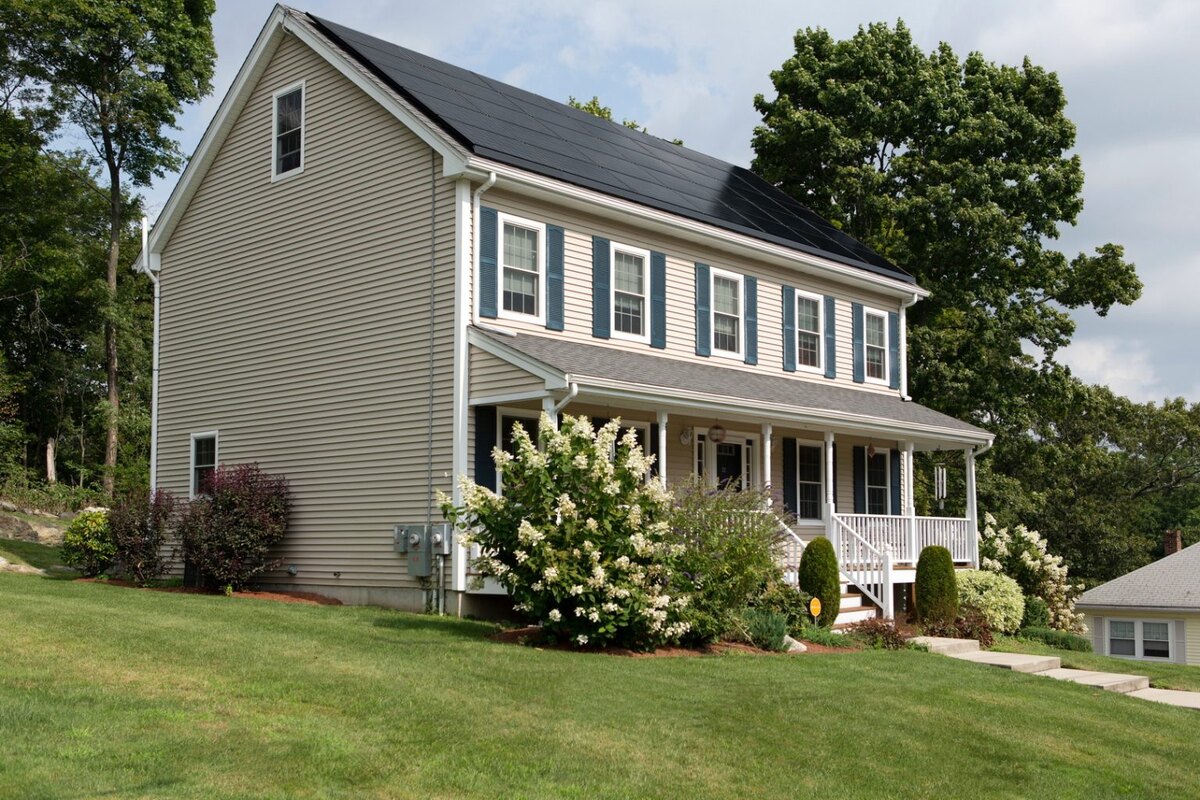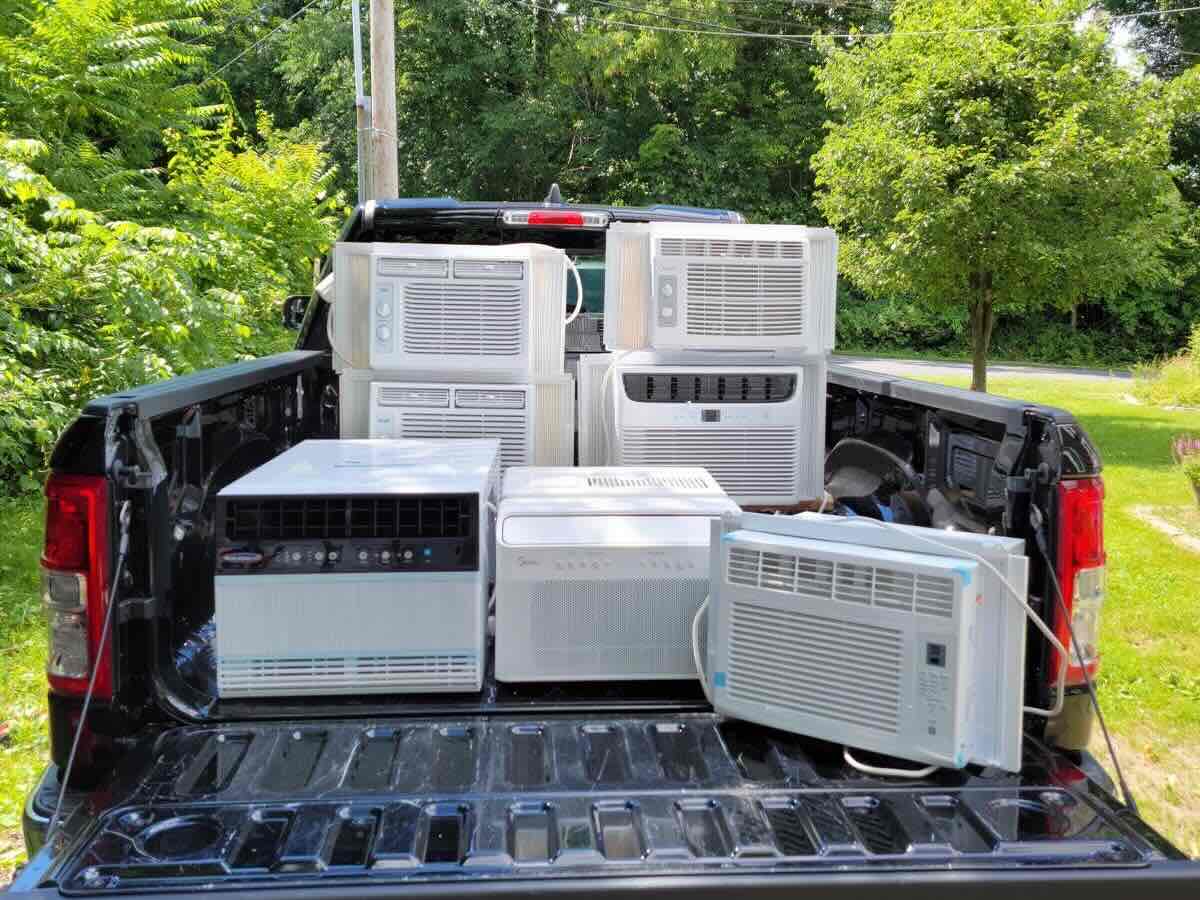Home>Home Maintenance>What Size Air Conditioner For 1800 Sq. Ft
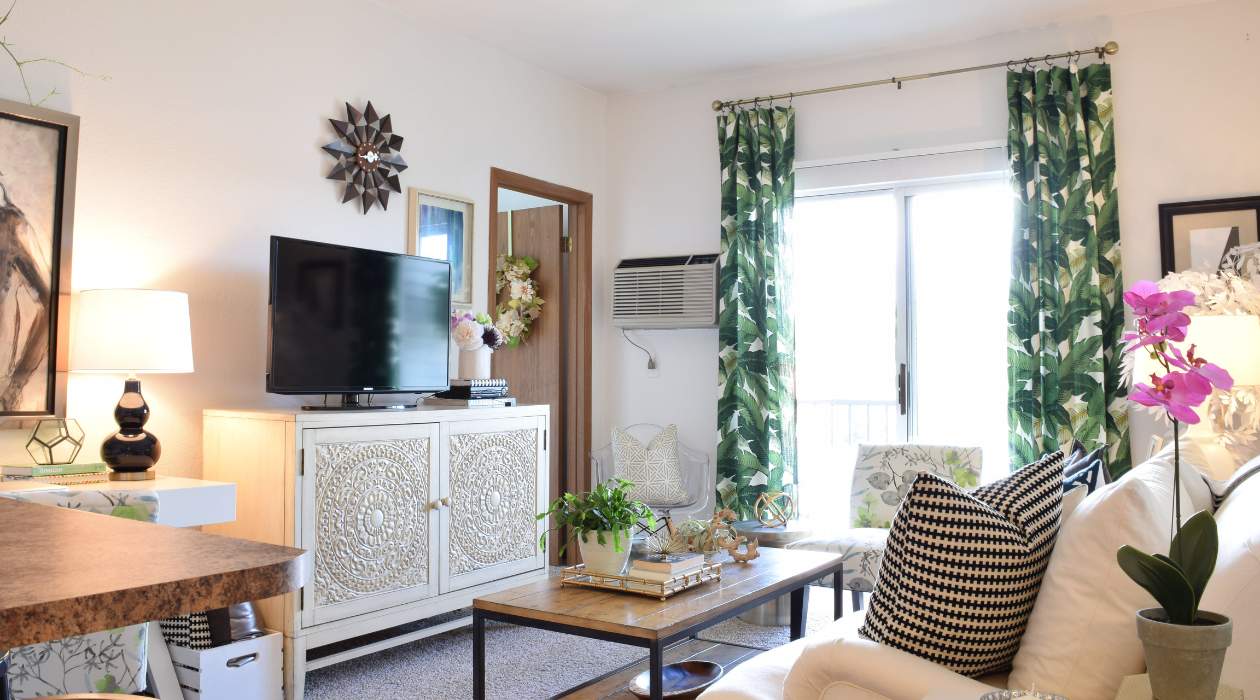

Home Maintenance
What Size Air Conditioner For 1800 Sq. Ft
Modified: March 7, 2024
Find the perfect size air conditioner for your 1800 sq. ft. home with our helpful guide to home maintenance. Stay cool and comfortable all year round.
(Many of the links in this article redirect to a specific reviewed product. Your purchase of these products through affiliate links helps to generate commission for Storables.com, at no extra cost. Learn more)
Introduction
When it comes to maintaining a comfortable home environment, having a properly sized air conditioner is crucial. If you’re looking to cool a space as large as 1800 square feet, it’s important to select the right size air conditioner to ensure efficient cooling and optimal performance.
Choosing an air conditioner that is too small for your space will result in inadequate cooling, while opting for one that is too large can lead to excessive energy consumption and unnecessary expenses. Therefore, taking the time to determine the appropriate cooling capacity for your 1800 square feet home is essential.
In this article, we will explore the factors to consider when selecting an air conditioner for a 1800 square feet space, how to calculate the required BTU (British Thermal Units), and other important considerations to keep in mind. By the end, you’ll have a clear understanding of what size air conditioner is best suited for your home.
Key Takeaways:
- Choose the right size air conditioner for your 1800 sq. ft. home by considering insulation, climate, occupants, windows, and heat-generating appliances. Calculate BTU accurately and seek professional advice for optimal cooling.
- Look for energy-efficient, quiet, and well-maintained air conditioners with good warranty and professional installation for your 1800 sq. ft. home. Consider factors beyond size for long-term cooling comfort.
Read more: What Size AC For 1200 Sq Ft
Factors to Consider
Before determining the size of the air conditioner needed for your 1800 square feet home, there are several factors you should consider:
- Insulation: The quality of insulation in your home plays a significant role in determining the cooling needs. Well-insulated homes retain cool air more effectively, requiring less cooling capacity.
- Climate: The local climate is another crucial factor. If you live in a region with consistently high temperatures and humidity, you may need a larger air conditioner to handle the load.
- Number of occupants: The more people that occupy the space, the greater the cooling requirement. Each additional occupant adds heat to the room, necessitating a higher cooling capacity.
- Number of windows: Windows allow heat to enter your home. Therefore, the size and number of windows in your space will impact the cooling needs.
- Orientation and shading: The direction your home faces and the amount of shade it receives can influence how much heat it absorbs, which, in turn, affects the cooling requirements.
- Heat-generating appliances: The presence of heat-generating appliances, such as ovens, refrigerators, and electronics, can contribute to the overall cooling load.
By considering these factors, you can make a more accurate assessment of the cooling capacity required for your 1800 square feet home.
Determining the Cooling Capacity
Now that you’re aware of the factors to consider, you can proceed to determine the cooling capacity needed for your 1800 square feet home. This is typically measured in British Thermal Units (BTUs), which represents the amount of heat an air conditioner can remove from the room per hour.
A common rule of thumb is to calculate the cooling capacity by multiplying the square footage of the area by 20. However, this rule doesn’t take into account the various factors mentioned earlier, so it’s better to use a more accurate method.
To determine the cooling capacity with greater precision, you can use the following formula:
BTU = Area (in square feet) x Design Condition x 0.115
Here, Design Condition refers to the climate conditions in your area. The value will vary depending on your region. For instance, if you live in a moderate climate, the Design Condition may be 30. If you reside in a very hot and humid climate, the Design Condition can be as high as 40.
Let’s say you live in a moderate climate, and the Design Condition is 30. By applying the formula, the calculation would be:
BTU = 1800 (square feet) x 30 (Design Condition) x 0.115 = 62100 BTU
According to this calculation, an air conditioner with a cooling capacity of approximately 62100 BTU, or 5 tons, would be suitable for your 1800 square feet home.
Keep in mind that this is just a general estimation, and it’s always wise to consult with a professional HVAC technician who can assess your specific needs and provide appropriate recommendations.
When choosing an air conditioner for a 1800 sq. ft. space, look for a unit with a cooling capacity of around 30,000 BTUs. This will ensure efficient cooling for the entire area.
BTU Calculation
Calculating the BTU (British Thermal Units) required for a 1800 square feet space involves considering several factors, as mentioned earlier. To provide a more accurate estimate, let’s delve deeper into the process of BTU calculation.
1. Start by determining the heat gain in the room. This includes factors such as:
- The number of occupants
- The number, size, and orientation of windows
- The insulation level and materials used
- Heat-generating appliances
2. Calculate the heat gain from each factor. For example, each occupant is estimated to contribute about 400 BTU/hr, while each square foot of window adds approximately 1000 BTU/hr. Windows facing direct sunlight may contribute more heat, so adjust accordingly.
3. Add up the heat gain from all factors to get a total in BTUs per hour.
4. Consider the climate and adjust the BTU total accordingly. If you live in a very hot and humid climate, you may need to increase the BTU count, while in milder climates, you may slightly decrease it.
5. Divide the total BTU count by the number of cooling hours per day (typically around 8 hours) to determine the required BTU per hour for your air conditioner.
For example, let’s say you have two occupants in the room, five windows, average insulation, and no significant heat-generating appliances. Following the calculations:
- Two occupants contributing 400 BTU/hr each: 2 x 400 = 800 BTU/hr
- Five windows, each contributing 1000 BTU/hr: 5 x 1000 = 5000 BTU/hr
- Total heat gain: 800 + 5000 = 5800 BTU/hr
- Adjusting for climate (moderate): 5800 x 0.9 = 5220 BTU/hr
- Required BTU per hour with 8 hours of cooling: 5220 / 8 = 652.5 BTU/hr
In this example, you would need an air conditioner that provides around 652.5 BTU per hour to effectively cool your 1800 square feet room.
It’s important to note that these calculations are approximate and can vary depending on specific circumstances. For a more accurate evaluation, consulting with a professional HVAC technician is recommended.
Other Considerations
While determining the appropriate cooling capacity is crucial, there are a few other considerations to keep in mind when selecting an air conditioner for your 1800 square feet home:
- Energy Efficiency: Look for air conditioners with high Energy Efficiency Ratio (EER) ratings. Higher EER ratings indicate better energy efficiency, which can lead to reduced energy consumption and lower utility bills.
- Noise Level: Consider the noise level of the air conditioner, especially if you plan to install it in a bedroom or a space where quiet is a priority. Look for units with lower decibel levels for a more peaceful environment.
- Installation and Maintenance: Ensure that you have the necessary space and electrical capacity to accommodate the air conditioner. Additionally, regular maintenance, such as filter cleaning or replacement, is essential for optimal performance and longevity.
- Warranty and Support: Check the warranty and support options provided by the manufacturer. A good warranty can provide peace of mind and assistance if any issues arise.
- Professional Installation: It is highly recommended to hire a professional HVAC technician to properly install and size the air conditioner. They can ensure the unit is correctly placed, maximize its efficiency, and avoid any potential safety hazards.
By considering these additional factors, you can make a well-informed decision when selecting an air conditioner for your 1800 square feet home.
Conclusion
Selecting the right size air conditioner for your 1800 square feet home is essential for efficient cooling and optimal comfort. By considering factors such as insulation, climate, number of occupants, windows, orientation, shading, and heat-generating appliances, you can assess the cooling capacity required for your specific space.
Calculating the BTU (British Thermal Units) is a crucial step in determining the appropriate cooling capacity. By using formulas that take into account the area, design condition, and other heat factors, you can estimate the BTU per hour needed for your air conditioner.
However, it’s important to remember that these calculations are approximations, and seeking the advice of a professional HVAC technician is highly recommended. They can provide a more accurate assessment of your cooling needs and recommend the right size air conditioner for your 1800 square feet home.
Don’t forget to consider other important aspects such as energy efficiency, noise level, installation and maintenance requirements, warranty and support, and the expertise of a professional for installation. These factors will contribute to the overall effectiveness and longevity of your cooling system.
By taking the time to carefully consider these factors and make an informed decision, you can ensure optimal cooling performance and create a comfortable environment in your 1800 square feet home.
Frequently Asked Questions about What Size Air Conditioner For 1800 Sq. Ft
Was this page helpful?
At Storables.com, we guarantee accurate and reliable information. Our content, validated by Expert Board Contributors, is crafted following stringent Editorial Policies. We're committed to providing you with well-researched, expert-backed insights for all your informational needs.
